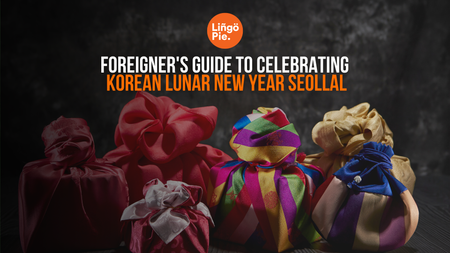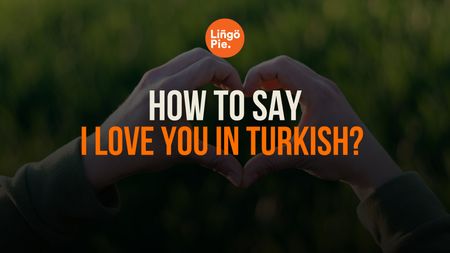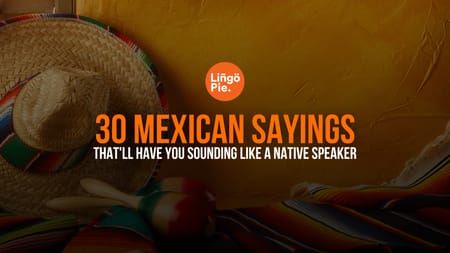
Seollal 2026: Korean Lunar New Year Traditions And Phrases Explained
If I had to pick just one holiday that every Korean looks forward to all year, it would be Seollal (설날). Seollal is the Korean Lunar New Year, a three-day official public holiday when millions of South Koreans travel home to celebrate with family members, honor ancestor spirits, and eat










